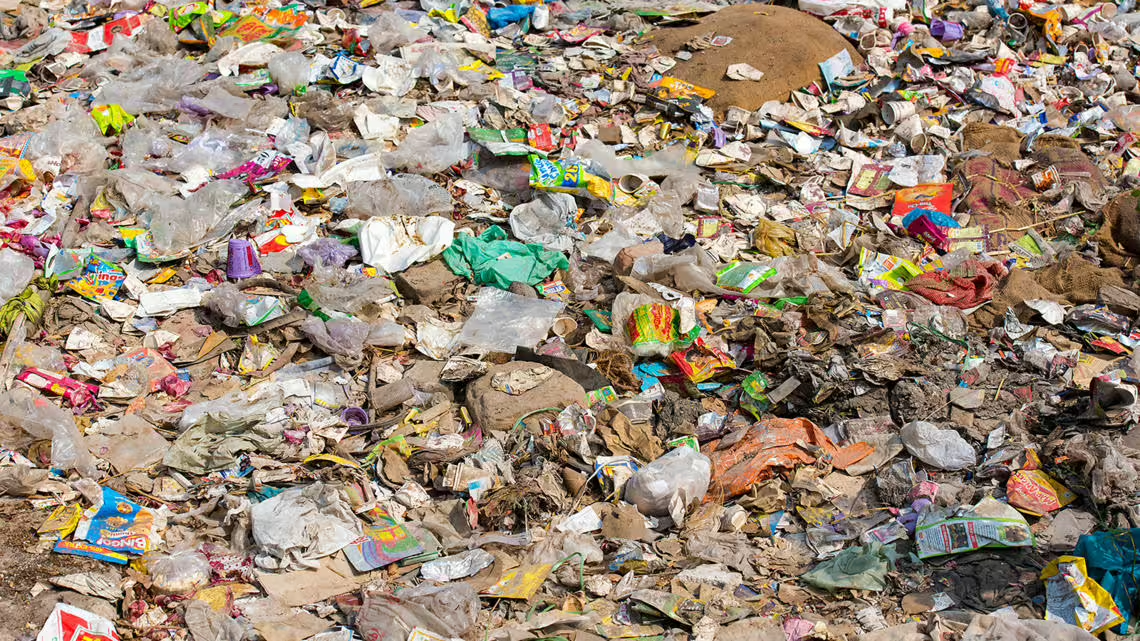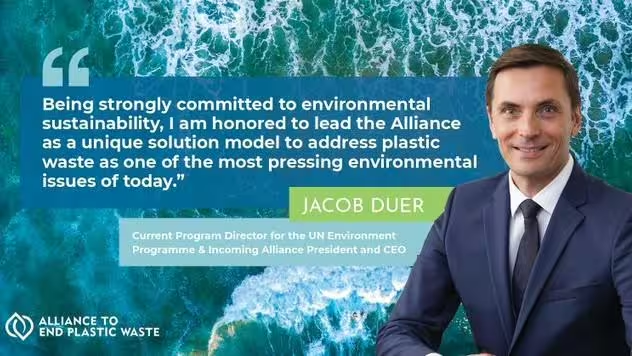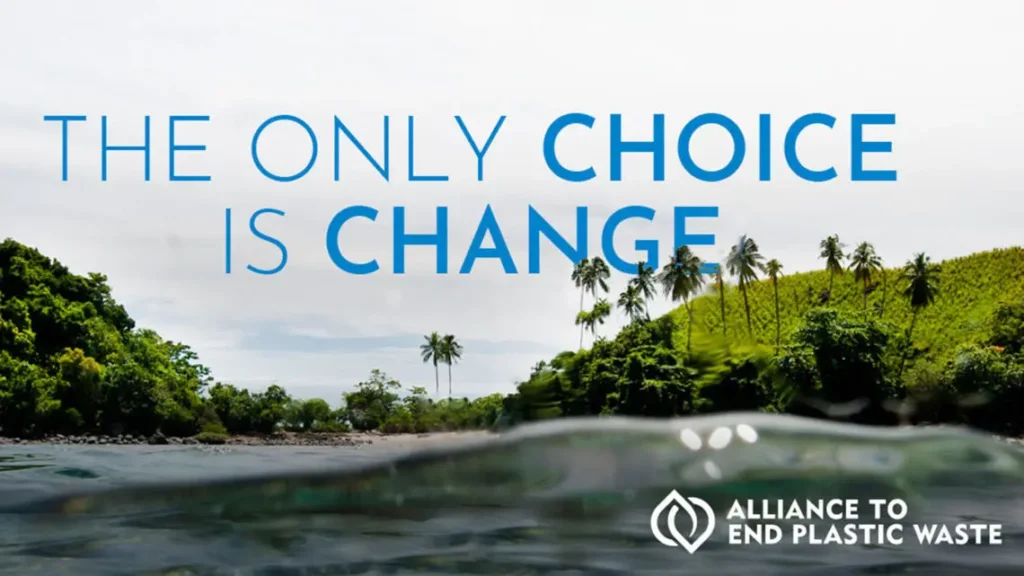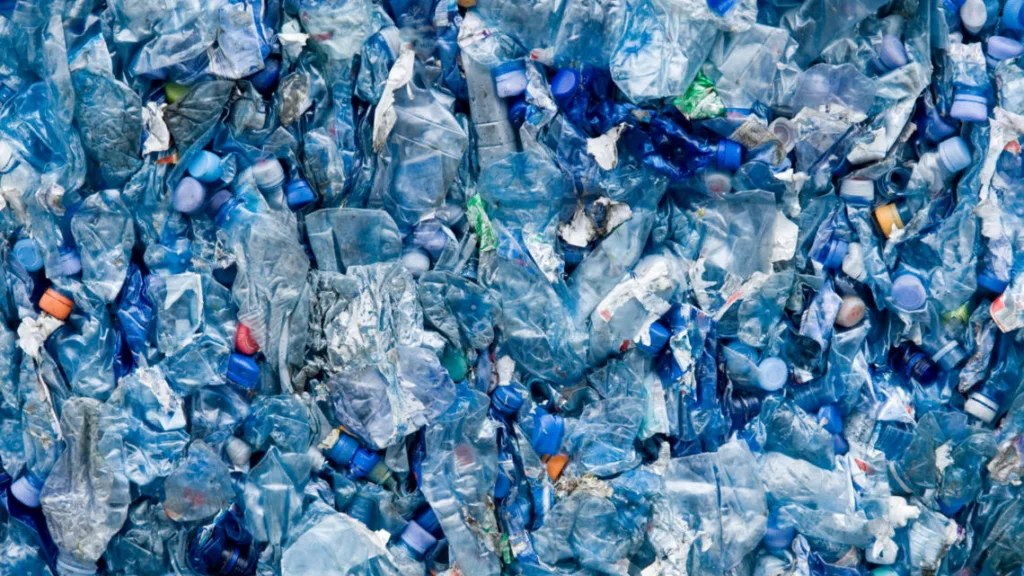More than 8 million tonnes of plastic enter the world’s oceans each year. Experts estimate that by 2050, the amount of plastic in the ocean will weigh more than the amount of fish. And most of it comes from eight river systems in Asia: the Yangtze; Indus; Yellow; Hai He; Ganges; Pearl; Amur and Mekong.
Is this the kind of world we want to live in?
We must find a better way of managing plastic waste across the globe.
This starts with improving waste collection systems and addressing the full plastics value chain so that plastics can be redesigned, replaced, recovered and recycled. But closing the plastics loop is a significant challenge.
In a country like India, which is only second to China in terms of population, plastic waste is a growing concern. At present, Indians consume approximately 11 kg of plastic per year, which is one of the lowest rates in the world – for example, US residents consume around 109 kg per year.
But this rate is set to increase exponentially by 2022 to 22 million tons per year – and it’s estimated that nearly half of this consumption will be of the worst kind of single-use plastic.
According to the Central Pollution Control Board in India, 60 major India cities produce combined 25,940 tonnes of plastic waste every day. Although 60% is recycled, the rest stays on land as litter or slowly makes its way into our waterways.
Governments in similar positions around the world are implementing measures to address this serious issue. Solutions range from the suggestive – such as roadmaps to recycling, and long-term strategies to address the problem – to the directive, such as regulating packaging. For example, the European Parliament has approved a new law to ban single-use plastic by 2021.
In a similar vein, India is one of several countries like France, Mongolia and others that have initiated a total or partial ban on plastics. The Indian Prime Minister, Narendra Modi, has made several announcements about completely phasing out single-use plastics in India. Most recently, on 2 October, Mr Modi urged India’s citizens to give up single-use plastic by 2022.
While Mr Modi’s declarations have renewed the impetus to tackle plastic waste in India, true long-term impact can only be achieved by establishing better waste management systems across the country. At present, these systems depend on a large pool of unorganized, informal labor. Without standardization and governing principles, there is little opportunity to transform the entire system as it is often unique to each community, village or city.
India must adopt a country-wide approach to segregating waste at its source, as well as collecting solid waste at a municipal level. Once collected, this waste can then be transported to recycling facilities. It will require infrastructure and robust measures to monitor the recycling (including incentivizing recyclers), new regulations on plastic packaging and support for developing alternatives to plastic.
As the government seeks to implement change, so too must business. Every business along the plastic value chain has a key strategic interest in investing in business solutions to reduce plastic waste. Business drivers include the loss of core business, regulatory risks, reputational risks, and innovation potential. However, businesses can take steps to mitigate and adept at the effects of these drivers by being pro-active about developing alternative products, rethinking packaging and product design, designing technology to improve garbage sorting and collection and developing new business models.
WBCSD has identified three steps that can help cross-sectoral stakeholders to work together to address plastic waste:
- Business leadership, an essential part of investing in a common goal
- Developing tangible projects, which are targeted for maximum impact
- Scaling up action by working in partnerships with governments, existing initiatives, and other stakeholders.
Business in India is urged to become part of the solution, by implementing these three steps.
Numerous organizations such as the Alliance to End Plastic Waste (AEPW), Ellen MacArthur Foundation, World Economic Forum’s Global Plastic Action Partnership (GPAP) or World Resources Institute also provide opportunities for businesses to work together on this serious issue.
Together, a business can lead to the problem of tackling waste, transforming the systems that are involved, and inviting business success in a cleaner, less polluted future.
Plastic waste? Let’s make it a problem of the past.
Read more:



